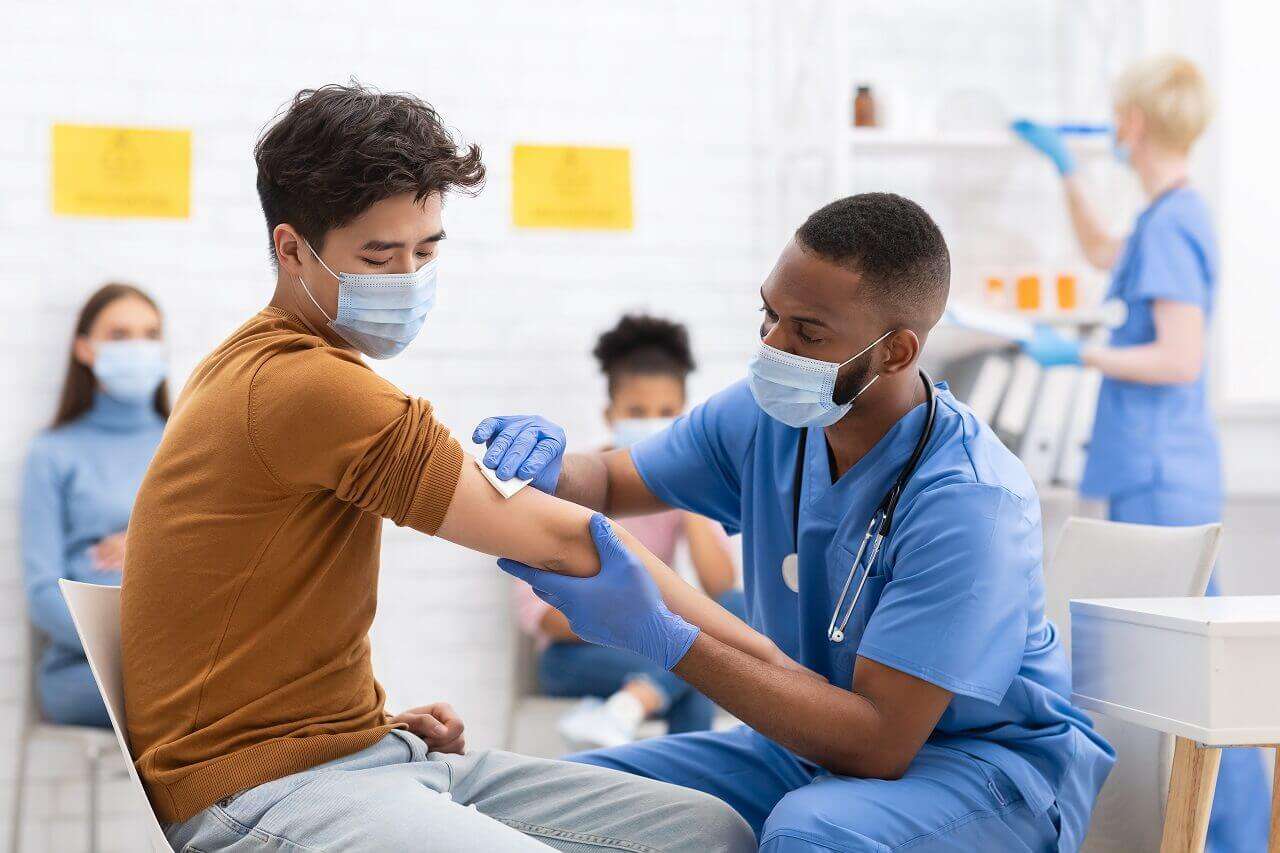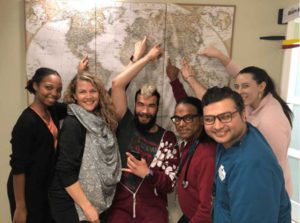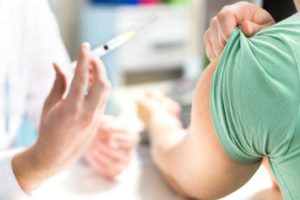It’s just been less than a year since the World Health Organization declared that COVID-19 has reached global pandemic status. People in the scientific community and public health, including the Department of Health Centers for Disease Control and Prevention (CDC), have been trying to find more information about the deadly Coronavirus. It would be the first step to coming up with a safe and effective vaccine.
The US government also mandated Operation Warp Speed, which is its initiative to boost the development and delivery of COVID-19 vaccines in the country. It has secured deals with various biotech companies even before their vaccines were approved as there might be a shortage soon due to high demands from all over the world.
The search for a vaccine has not been without controversy. Although the human race would greatly benefit from one, some people think pharmaceutical and biotech giants are just racing to secure the big bucks. The number of deaths in long-term care facilities reaching an astounding 3,000 per day in the US alone. It would be more practical to think that the need to protect health care workers and save human lives are the major reasons for hastening research, trials, and production.
Now, one vaccine has been granted an Emergency Use Authorization (EUA) by the Food and Drug Administration (FDA) and another is scheduled to be reviewed and discussed. A few more are undergoing clinical tests and trials. Here is a brief guide to the various COVID-19 vaccines available today.
Pfizer BioNTech COVID-19 Vaccine – BNT162b2
The first-ever COVID vaccine to get an EUA from the FDA, this injectable has a 95% efficacy, providing strong protection against the virus after two shots.
Based on clinical trials, there had been no significant adverse effects on the volunteers who were able to receive the vaccine in the United States, Brazil, and Argentina. The vaccine also works on most individuals, regardless of race, weight, and age. Despite this, the FDA only approves administration to people 16 years and older.
Moderna Vaccine – mRNA-1273
Moderna’s COVID-19 vaccine is expected to acquire authorization from the FDA soon. It uses a similar mRNA technology as that of Pfizer’s vaccine, generating a 94.1% efficacy rate based on the latest clinical trial analysis. Some of the vaccinated volunteers across the US reported mild, non-life-threatening side effects. One advantage of this vaccine over Pfizer’s is that it can be stored in normal refrigeration temperatures, making it easier to store and transport.
AstraZeneca-Oxford Vaccine – AZD1222
Despite the high efficacy rates of the Pfizer and Moderna vaccines, AstraZeneca’s Covid-10 vaccine might make a bigger impact worldwide. Developed in partnership with Oxford University, it only reached 70% efficacy during its Phase 3 testing stage. That is still acceptable since the FDA advisory committee only requires at least 50% for approval. This vaccine is also a lot less expensive than the two leading vaccines, making it suitable for distribution to lower-income countries.
There have been data showing that women with a history of Vaccine-induced thrombotic thrombocytopenia (VITT) or clotting may have a 3%-12% risk of getting clots between Day 6 to Day 13 after getting vaccinated with AstraZeneca.
CureVac Covid-19 Vaccine – CVnCoV
CureVac is a biotech company that specializes in mRNA-based vaccines against infectious diseases. Its COVID vaccine is currently in its Phase 2b/3 clinical trial stage but they have yet to disclose important details about it, like efficacy rate, cost, and side effects if any.
Johnson & Johnson Janssen Vaccine – JNJ-78436735
The JNJ-78436735 vaccine of J&J has 2 types: ENSEMBLE, which is a single-dose vaccine, and ENSEMBLE 2, which is administered in 2 doses. The company is currently testing to see if a two-dose vaccine might be able to offer longer protection against COVID-19.
Just recently, women 18 to 48 years old who have personal or family histories of Vaccine-induced thrombotic thrombocytopenia (VITT) or clotting when injected with the single-dose Johnson & Johnson vaccine. However, the risk is just 3% to 12%, so it is still an acceptable vaccine for people without a history of clotting.
Sanofi and GlaxoSmithKline Covid-19 Vaccine
The Sanofi-GSK vaccine suffered a huge setback as research staff members mistakenly gave volunteers a lower dosage than intended. This had a significant impact on the results. While the vaccine showed promising results in 18 to 49-year-old volunteers, it was not enough to trigger the development of antibodies in elderly individuals. It is announced that they will be proceeding with clinical trials by next year and might only have the vaccine ready by late 2021.
Novavax Vaccine – NVX‑CoV2373
Novavax is currently testing their NVX-CoV2373 vaccine at a wide-scale level, with ongoing trials in the UK, South Africa, the US and Mexico, and in Australia. Important details are yet to be disclosed by the biotech company.
The Path to Healing and Recovery
Several biotechs are working hard to come up with COVID vaccines that will help induce herd immunity. The plan is to have more people immune enough to reduce the outbreak and eventually end the Coronavirus diseases 2019 Covid-19 pandemic.
For now, the best we can do is to stay home, stay at least 6 feet from other people, and get tested for Coronavirus. Statcare offers COVID tests in various locations in NYC. If you want to find if you have symptoms or are experiencing one or more signs, we offer rapid COVID testing, which only requires 15 minutes to generate results.
Planning to travel to visit your family or to go on vacation? A PCR test can help you acquire the travel pass you need. Want to know if you had a COVID infection and if your body has antibodies for it? An antibody test can help put your mind at ease, whether you are insured or not.
If you are concerned about possible exposure, learn more about the 3C’s of COVID-19 transmission before getting tested




